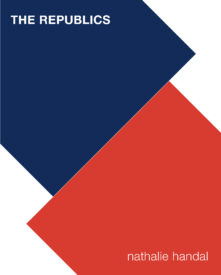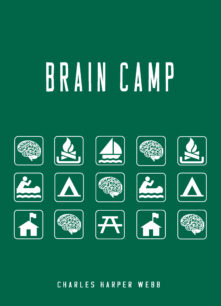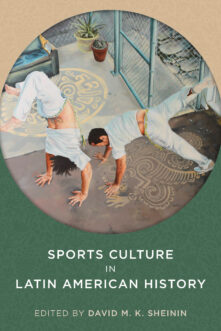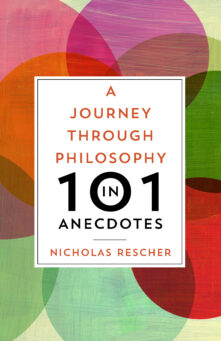Books
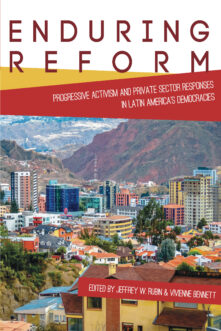
Enduring Reform
Progressive Activism and Private Sector Responses in Latin America's Democracies
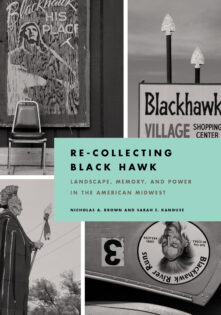
Re-Collecting Black Hawk
Landscape, Memory, and Power in the American Midwest
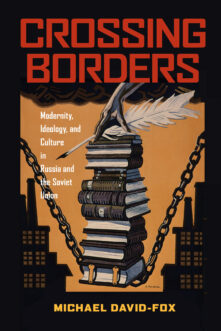
Crossing Borders
Modernity, Ideology, and Culture in Russia and the Soviet Union
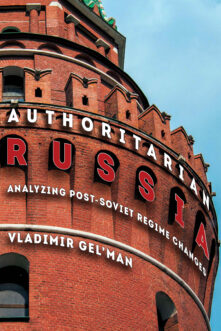
Authoritarian Russia
Analyzing Post-Soviet Regime Changes
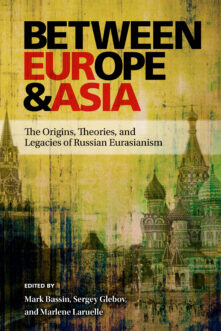
Between Europe and Asia
The Origins, Theories, and Legacies of Russian Eurasianism
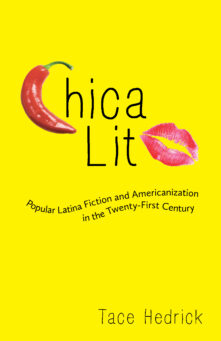
Chica Lit
Popular Latina Fiction and Americanization in the Twenty-First Century
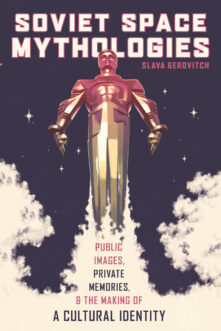
Soviet Space Mythologies
Public Images, Private Memories, and the Making of a Cultural Identity
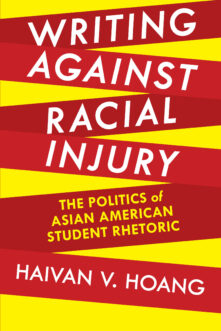
Writing against Racial Injury
The Politics of Asian American Student Rhetoric
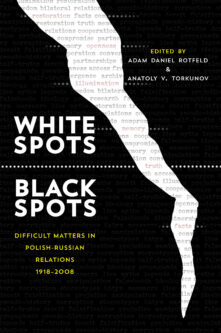
White Spots—Black Spots
Difficult Matters in Polish-Russian Relations, 1918–2008

The Nerve Of It
Poems New and Selected
Total 1559 results found.


